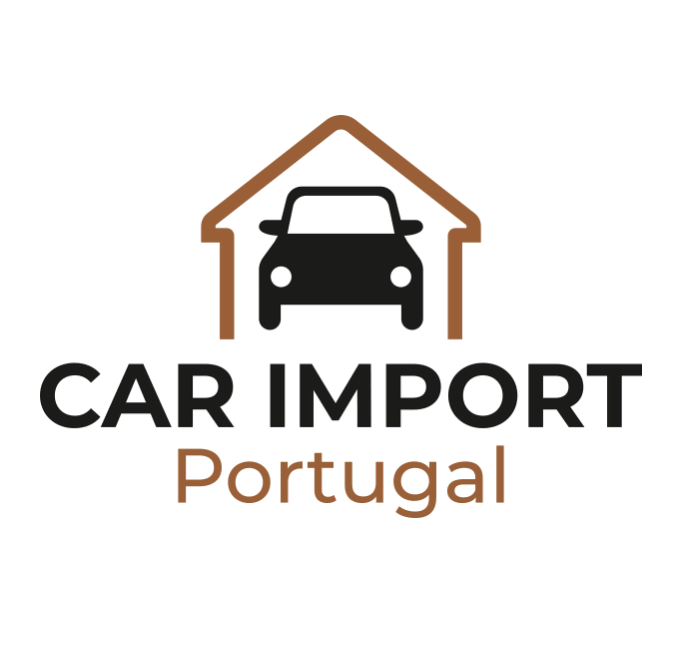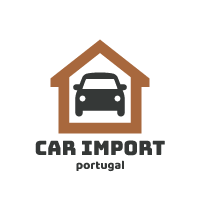Début 2024, une cliente des États-Unis, qui vivait aux Pays-Bas, nous a contactés au sujet d'une importation hors taxes au Portugal. Elle prévoyait de déménager au Portugal et d'emmener avec elle sa fidèle Renault Megane 2015. Le temps était compté : du point de vue fiscal, l'idéal était qu'elle puisse se désimmatriculer aux Pays-Bas le plus tôt possible.
Parfois, une importation avec taxes vaut mieux qu'une importation hors taxes
Après avoir fait quelques calculs, nous avons découvert qu'une importation normale (avec taxes) ne lui coûterait qu'environ 50 euros de plus qu'une importation hors taxes. Les frais de service plus élevés pour une importation hors taxe compensaient pratiquement la différence. Pour couronner le tout, la voie de la détaxe implique davantage de formalités administratives et un délai plus long. Bref, c'est un véritable casse-tête pour tous ceux qui ne sont pas très enthousiastes à l'idée de rassembler une petite montagne de documents.
Le client a rapidement décidé que les 50 euros valaient la peine d'éviter la paperasserie supplémentaire, et nous avons donc opté pour une importation avec taxes.
En attente de pièces détachées
Juste avant le contrôle technique, elle a décidé de faire réviser la voiture par un mécanicien. Une petite réparation était nécessaire pour passer le contrôle technique, mais il a fallu près d'un mois pour obtenir la pièce, ce qui a retardé le processus.
Une fois la pièce arrivée, l'application s'est déroulée sans problème.
Des photos de haute qualité facilitent l'importation
Les douaniers ont posé une question car ils n'arrivaient pas à lire correctement le certificat de conformité (COC). Honnêtement, il m'a semblé parfaitement clair, mais je ne peux que supposer que la personne qui le traite pourrait avoir besoin d'une nouvelle paire de lunettes !
Malgré ces petites difficultés, nous avons mené à bien l'importation et la cliente est maintenant heureuse de se promener au Portugal. Et comme la voiture a été importée avec des taxes, elle est libre de la vendre à tout moment - il n'est pas nécessaire d'attendre un an, comme dans le cas d'une importation en franchise de taxes.
Principaux enseignements :
- L'envoi de photos en haute résolution permet d'éviter des retards inattendus.
- Si votre voiture doit être réparée, faites-le à l'avance si vous le pouvez.

![Au début de l'année 2024, une cliente américaine qui vivait aux Pays-Bas nous a contactés au sujet d'une importation hors taxe au Portugal. Elle prévoyait de déménager au Portugal et d'emmener sa fidèle Renault Mégane 2015. Le temps était compté - du point de vue fiscal, l'idéal serait qu'elle puisse se désimmatriculer aux Pays-Bas plus tôt [...]](https://carimportportugal.com/wp-content/uploads/sites/100/Renault-Megane-2015.jpg)
